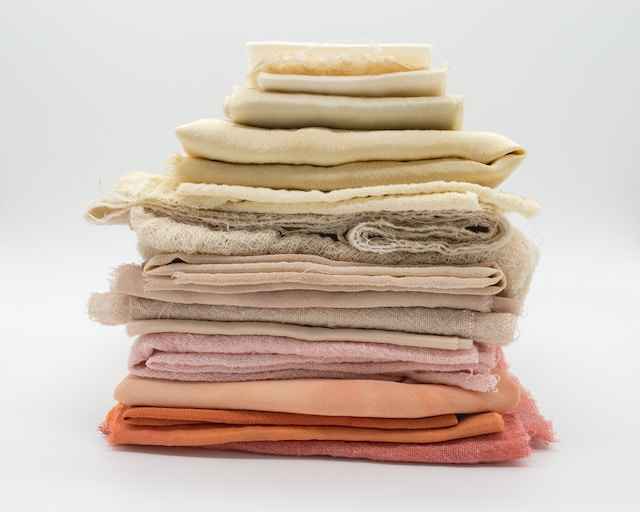Suedette is a popular fabric used in fashion and upholstery due to its similarity in texture and appearance to suede leather. However, one question that often arises is whether suedette is a vegan material or not. In this article, we will explore the properties of suedette, how it is made, and whether it is a suitable alternative to real suede for vegans.
What is Suedette?
Suedette is a synthetic fabric that is designed to look and feel like suede leather. It is also known as faux suede, microsuede, or ultrasuede, and it is made from a variety of materials, including polyester, nylon, and polyurethane. The fabric is created by bonding a layer of finely woven fibers to a backing material using a heat treatment. This results in a soft, smooth surface that is ideal for clothing, shoes, and upholstery.
Is Suedette Vegan?
The short answer is yes, suedette is a vegan material. Since it is made from synthetic fibers, it does not contain any animal products or by-products. This makes it an ideal alternative to real suede leather, which is made from the skin of animals like cows, goats, and sheep. Vegans and animal rights advocates often prefer to avoid animal products in their clothing and other goods, making suedette a popular choice.
Advantages of Suedette
Aside from being vegan-friendly, suedette has several advantages that make it a popular choice for fashion and upholstery. One of the main advantages is its durability. Suedette is a strong and resilient material that can withstand wear and tear better than many natural fabrics. This makes it an ideal choice for items that will be used frequently, such as shoes or couches.
Another advantage of suedette is its versatility. It is available in a wide range of colors and patterns, making it easy to match to any design aesthetic. It can be used to create clothing, bags, shoes, and upholstery, among other things. This versatility makes it a popular choice among designers and consumers alike.
Suedette is also relatively easy to care for. It can be cleaned with a damp cloth or sponge, and stains can often be removed with a mild detergent. This makes it a practical choice for items that are likely to get dirty, such as shoes or couches.
Drawbacks of Suedette
While there are many advantages to using suedette, there are also some drawbacks to consider. One of the main drawbacks is that it is not as breathable as natural fabrics. This can make it less comfortable to wear for long periods of time, particularly in warm weather. However, some manufacturers have developed breathable suedette fabrics that can address this issue.
Another potential drawback of suedette is that it may not be as environmentally friendly as natural fabrics. Synthetic fibers are made from petroleum-based products, which are not renewable resources. Additionally, the manufacturing process for synthetic fibers can be energy-intensive and produce pollutants. However, some manufacturers have developed eco-friendly suedette fabrics that use recycled materials or more sustainable production methods.
Alternatives to Suedette
If you are looking for a vegan-friendly alternative to suedette, there are several options to consider. One popular option is cork leather, which is made from the bark of cork oak trees. Cork leather is durable, breathable, and water-resistant, making it a practical choice for shoes and bags. It is also environmentally friendly, as the harvesting of cork does not harm the trees.
Another alternative to suedette is Piñatex, which is a leather alternative made from pineapple leaves. Piñatex is a sustainable and eco-friendly material that is breathable, water-resistant, and durable. It is also biodegradable, making it an ideal choice for environmentally conscious consumers.
Conclusion
Suedette is a synthetic fabric that is designed to look and feel like suede leather, but it is made from synthetic fibers rather than animal products. This makes it a vegan-friendly material that is popular for clothing, shoes, and upholstery. While there are some drawbacks to using suedette, such as its lack of breathability and potential environmental impact, there are also many advantages that make it a practical and versatile choice.
If you are looking for a vegan-friendly alternative to suedette, there are several options to consider, including cork leather and Piñatex. Both of these materials are sustainable and environmentally friendly, making them ideal choices for consumers who are concerned about the impact of their purchases.
In conclusion, suedette is a vegan material that offers many advantages for fashion and upholstery. While it may not be as environmentally friendly as natural fabrics, there are eco-friendly alternatives available that can help to reduce its impact. Ultimately, the choice between suedette and other materials will depend on your personal preferences and priorities, but it is worth considering the many benefits that suedette can offer.

